Bicycle carriers are essential accessories for cycling enthusiasts who want to transport their bikes securely and conveniently. Among the various types of bicycle carriers available, towbar attachments have gained popularity due to their ease of use and ability to carry multiple bikes. This article will provide a comprehensive comparison of bicycle carriers for towbar attachments, focusing on their features, pros and cons, installation, and pricing. It aims to help consumers make informed decisions when choosing the right bicycle carrier for their needs.
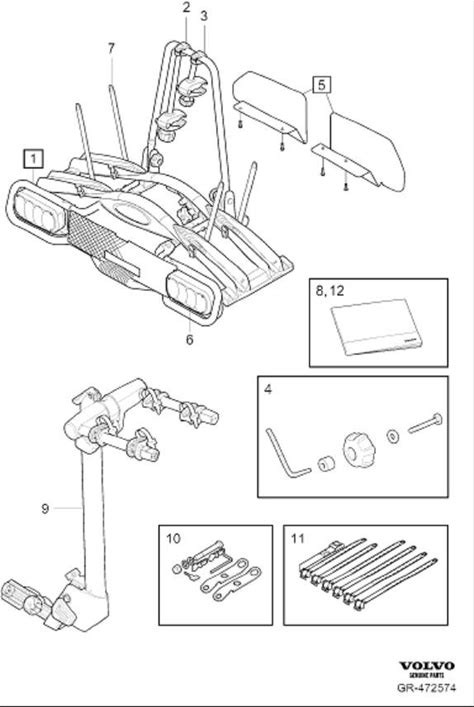
A towbar bicycle carrier is a device that attaches to the tow hitch of a vehicle, allowing users to transport bicycles without taking up space inside the car. These carriers come in a variety of designs, accommodating different numbers of bikes and weight capacities. They are an excellent choice for families, groups, or anyone planning longer cycling trips.
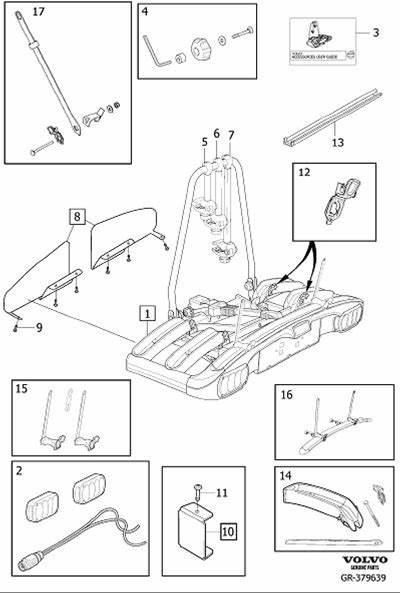
Platform style carriers are flat surfaces where bicycles can be placed. They are well-known for their stability and ease of loading, as they allow users to roll the bikes onto the platform. Additionally, they offer excellent visibility of the vehicle’s license plate and tail lights, which is a significant safety feature.
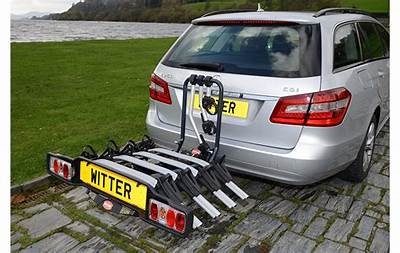
Hanging style carriers hold bicycles by their frames, using arms that support the bikes at their top tubes. They are typically lighter and more compact compared to platform carriers, making them easier to store when not in use. However, they may not provide the same level of stability, especially with heavier or full-suspension bicycles.
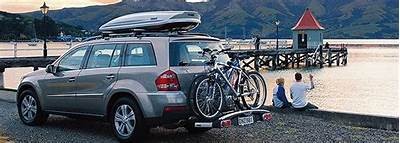
One of the primary factors to consider in any bicycle carrier is its weight capacity. Most towbar carriers can hold anywhere from 2 to 5 bikes, but the total weight limit can vary significantly between models. Consumers should choose a carrier that matches the combined weight of the bicycles they intend to transport.
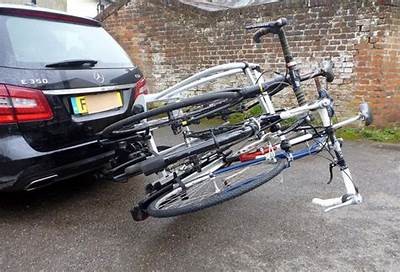
Not all towbar bicycle carriers fit every vehicle model. It's essential to check compatibility with your vehicle’s tow hitch before making a purchase. Some carriers may require an additional adapter for specific hitches, which can add to the overall cost. Ease of Use
Installation and removal ease are critical features for busy individuals. Many towbar carriers offer tool-free installation, automatic tilt functions for accessing the trunk, and foldable designs for easy storage. Customer reviews and product specifications can provide insights into these features. Security Features
Transporting bicycles poses a risk of theft, especially in busy areas. Many towbar carriers come with built-in locks that secure the bikes to the carrier and the carrier to the vehicle. Consumers should invest in carriers with robust locking mechanisms to ensure their bikes are safe while on the road. Pros and Cons of Towbar Bicycle Carriers Pros 1. **Stability**: Towbar carriers offer better stability than roof-mounted carriers, especially on rough terrain. 2. **Accessibility**: Most models allow easy access to the trunk of the vehicle, even when loaded. 3. **Aerodynamics**: With bikes mounted to the rear, they generally create less wind resistance than rooftop options. Cons 1. **Cost**: Towbar bicycle carriers can be more expensive than other types of carriers, especially platform models. 2. **Weight**: Some heavier models could be cumbersome for users with smaller vehicles. 3. **Maintenance**: Regular maintenance is required to ensure that the carrier remains secure and functions correctly. Installation of Towbar Bicycle Carriers
Installing a towbar bicycle carrier is typically straightforward, especially with the aid of provided instructions. Most carriers utilize a hitch pin or bolt system to attach to the tow hitch. Ensuring a snug fit is crucial for safety. Regular checks should be performed to confirm that the carrier remains secure throughout the trip. Pricing
Prices for towbar bicycle carriers can range significantly based on brand, type, capacity, and features. Entry-level models may start around $100, while high-end platform models can exceed $600. It's advisable to weigh the features against the price to find the best value for your specific needs. Conclusion
Choosing the right towbar bicycle carrier is an essential consideration for cycling enthusiasts who need to transport their bikes. By understanding the different types available, key features to look for, and weighing the pros and cons, consumers can select a carrier that best fits their lifestyle and budget. Whether for family adventures, weekend getaways, or cross-country road trips, having the right bicycle carrier will enhance the outdoor experience. Related Tags